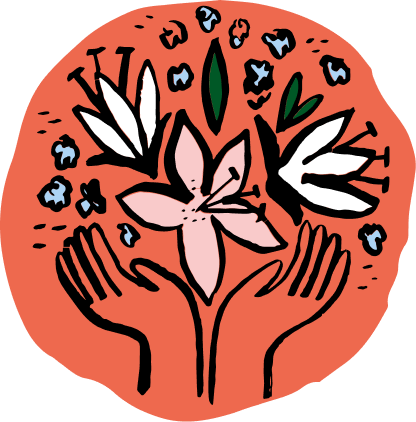When someone close to us passes away suddenly it can be difficult to process everything that is going on around you. When someone dies by suicide or suicide is suspected it can be even more complex and difficult. It is important to consider:
- When anyone dies our relationship to grief is very individual but even more so with suicide it is very normal to experience a wide range of emotions, including confusion, anger, guilt, shame and feelings of isolation.
- It might help to look at what might happened in the coming days, weeks and months. Support after suicide has a timeline that might help you through process that may happen for you and your loved one in the coming months.
- Look for support, think about what support might be helpful.
- Close to home – family, friends and loved ones.
- Community – religious advisors or support groups
- Formal – more formal support such as counselling can be very helpful following the loss of a loved one, your GP can help you access this support.
- Charities - Bereavement charities such as the Samaritans or Family Voices Forum have support for yourself or if you are worried about another adult, as well as a wealth of resources on their website.



.png)
.png)
.png)
.png)
.png)
.png)
.png)
.png)